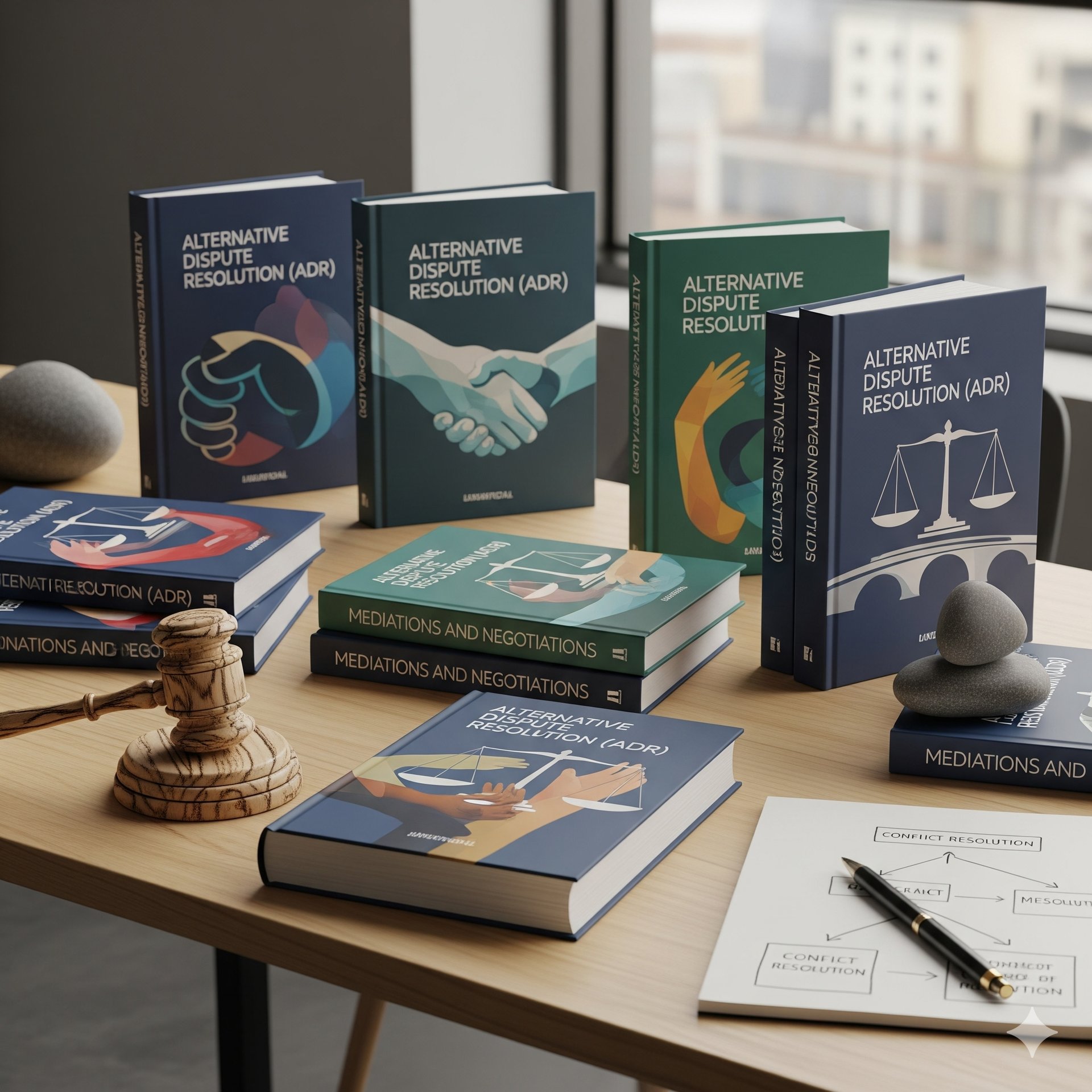Alternative Dispute Resolution (ADR)
We believe that not every legal dispute requires a courtroom battle. Our Alternative Dispute Resolution (ADR) services are designed to help you resolve conflicts efficiently and effectively, outside of the traditional litigation process.

At Rizvi Law Attorneys, we believe that not every legal dispute requires a courtroom battle. We are dedicated to providing our clients with efficient, innovative, and practical solutions, and our deep expertise in Alternative Dispute Resolution (ADR) is at the core of this commitment.
We specialize in guiding individuals and businesses through the full spectrum of ADR methods, including arbitration, mediation, and negotiation. Our team of skilled professionals is trained to navigate complex conflicts with a focus on finding mutually beneficial outcomes. We understand that traditional litigation can be costly, time-consuming, and emotionally draining. By leveraging ADR, we empower our clients to maintain control over the process, protect their privacy, and preserve valuable relationships.
Our approach is rooted in a thorough understanding of the law and a strategic mindset that prioritizes communication and cooperation over confrontation. Whether it's a commercial disagreement, a family matter, or a cross-border dispute, we are committed to helping you achieve a favorable resolution efficiently and effectively
Alternative Dispute Resolution (ADR) offers a more flexible, cost-effective, and often faster way for parties to reach an agreement. ADR methods are typically voluntary and confidential, allowing individuals or organizations to maintain greater control over the process and the outcome. Alternative Dispute Resolution (ADR) can be achieved by any or a combination of the following
Arbitration: A third-party neutral, known as an arbitrator, hears the evidence from both sides and makes a binding decision. It is similar to a court proceeding but is more private and less formal.
Mediation: A neutral third party, the mediator, helps the disputing parties communicate and negotiate to reach a voluntary agreement or a settlement. The mediator does not make a decision, but facilitates the discussion.
Negotiation: The most common form of dispute resolution, where parties directly discuss their issues to find a mutually acceptable solution without a third party's involvement.
ADR is widely used in various fields, including family law, commercial disputes, employment issues, and international law. By focusing on cooperation rather than confrontation, ADR aims to find a win-win solution, making it a valuable tool in modern legal practice.
Serving All Your Legal Needs
© 2025-2029. All rights reserved.
Quick Links


